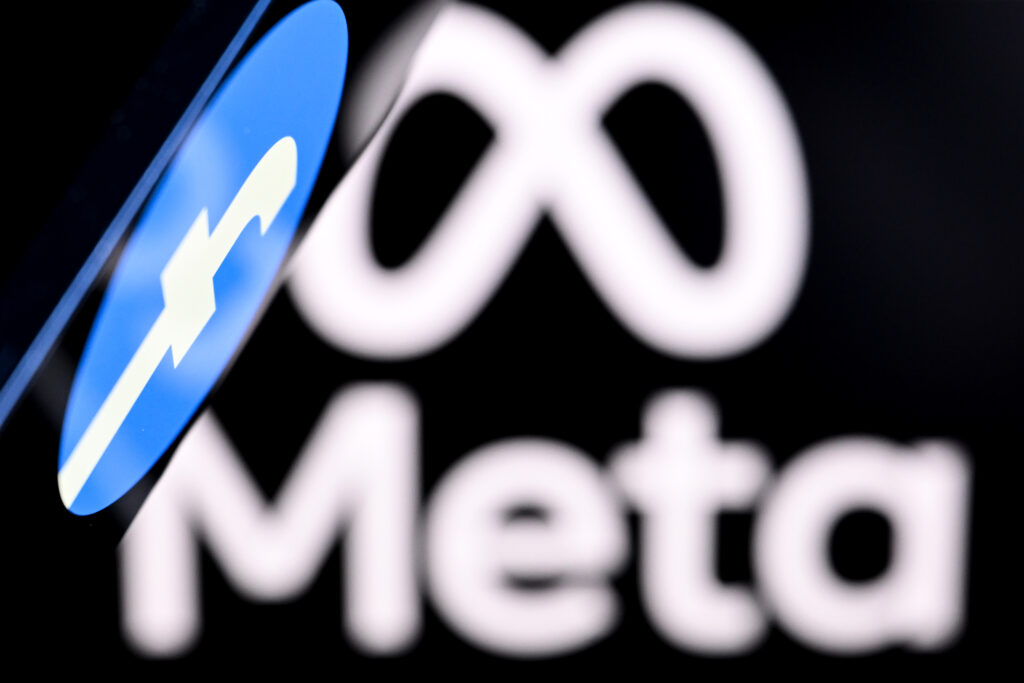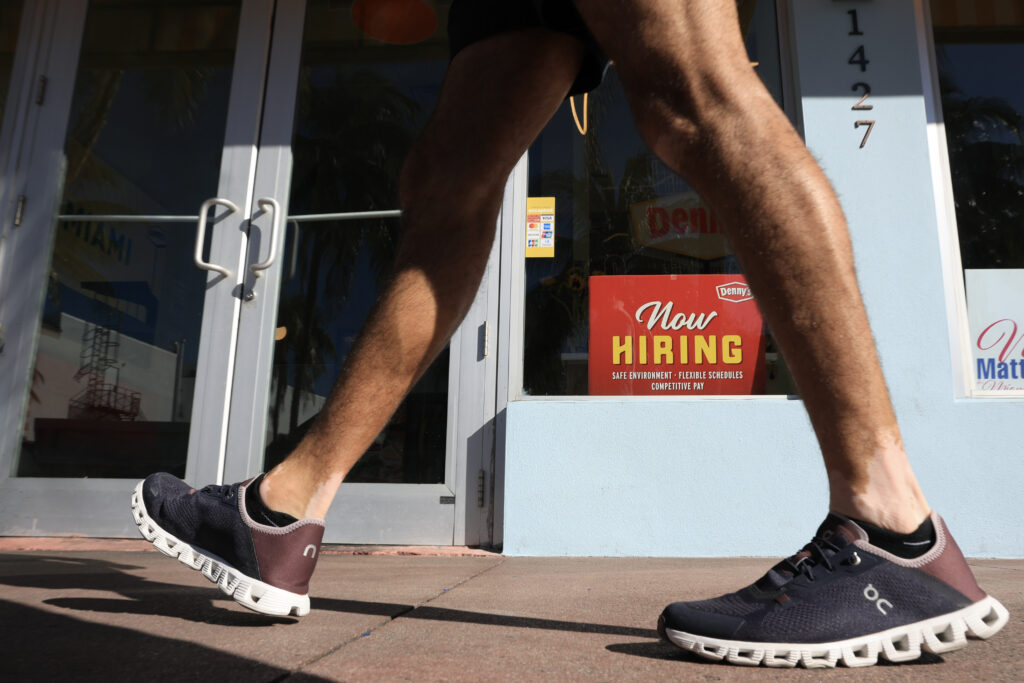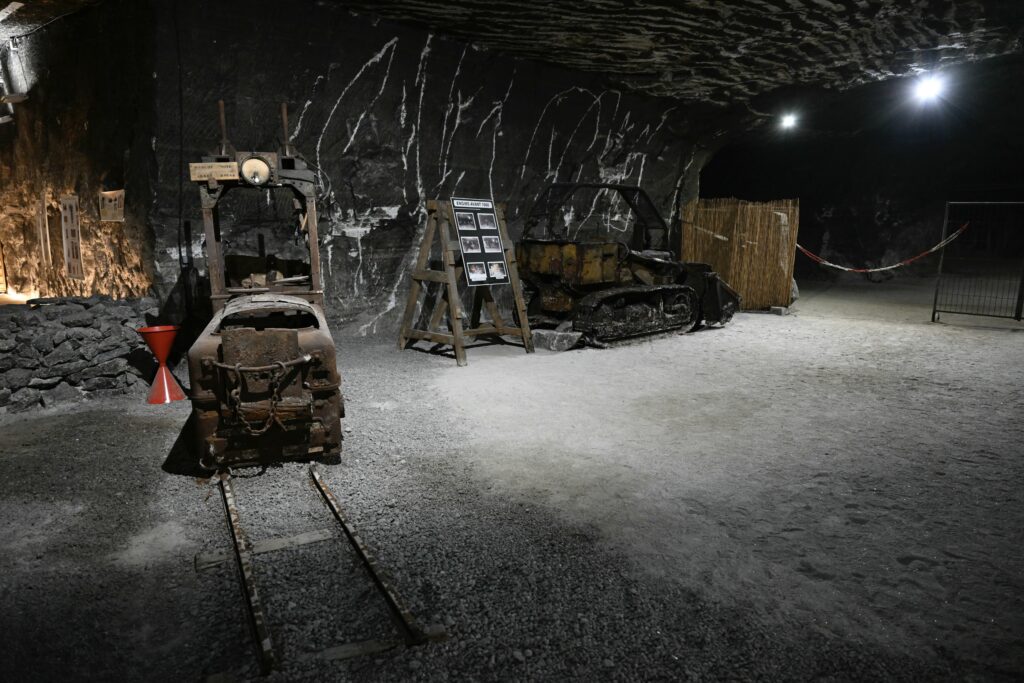Assumed likelihood of US rate cuts lifts global markets
World stock markets mostly rose Thursday after the latest batch of US data reinforced expectations that the Federal Reserve will cut US interest rates next week and in 2026.Eying a third straight session in the green, Wall Street was barely up minutes after the opening bell as the Dow added 0.1 percent but the tech-heavy Nasdaq slipped back almost 0.2 percent amid lingering concerns over high tech valuations. The wider S&P was little changed, and the major European markets were higher.Bets on a December reduction for US interest rates have surged after several Fed officials said supporting jobs was more important than keeping a lid on elevated inflation.The need for more action was further stoked by Wednesday’s data from payrolls firm ADP showing 32,000 posts were lost in November, compared with an expected rise of 10,000.The drop was the most since early 2023 and is the latest example of a stuttering American labour market.”Right now, the data argues for additional Fed funds rate cuts,” noted Elias Haddad, markets analyst at Brown Brothers Harriman & Co.”US labor demand is weak, consumer spending is showing early signs of cracking, and upside risks to inflation are fading.”Kathleen Brooks, research director at XTB noted that “there seems to be one main driver for stocks this year: an increase in expectations of a Fed rate cut next week. The Fed Fund Futures market is now pricing in a 98 percent chance of a cut next week.”London, Paris and Frankfurt were all ahead around half of one percent some two hours out from the close while Tokyo earlier rallied more than two percent in a positive Asian session which also saw Hong Kong, Sydney, Taipei and Bangkok finish higher.A healthy 30-year Japanese government bond sale provided some support for Tokyo’s market, as it eased tensions about a possible rate hike from the Bank of Japan this month. The news compounded a strong response to a 10-year auction earlier in the week that settled some nerves.While market players remain confident that the Fed will continue to cut interest rates into the new year, economists at Bank of America still had a note of caution.”The most immediate source of volatility remains the US Federal Reserve,” they wrote.”While inflation has moderated and the trajectory of policy easing is intact, uncertainty around timing persists. Any delay in rate cuts could remain a source of volatility.”On currency markets, the dollar traded mixed and the Indian rupee wallowed at record lows of more than 90 against the greenback as investors grow increasingly worried about a lack of progress in India-US trade talks.- Key figures at around 1500 GMT -New York – Dow: UP 0.1 percent at 47,939.73 pointsNew York – S&P 500: FLAT at 6,851.81New York – Nasdaq Composite: DOWN 0.2 percent at 23,414.84London – FTSE 100: UP 0.1 percent at 9,711.52Paris – CAC 40: UP 0.5 percent at 8,129.97Frankfurt – DAX: UP 0.9 percent at 23,913.03Tokyo – Nikkei 225: UP 2.3 percent at 51,028.42 (close) Hong Kong – Hang Seng Index: UP 0.7 percent at 25,935.90 (close)Shanghai – Composite: DOWN 0.1 percent at 3,875.79 (close)Euro/dollar: UP at $1.1672 from $1.1667 on WednesdayPound/dollar: DOWN at $1.3362 from $1.3352Dollar/yen: DOWN at 154.64 yen from 155.23 yenEuro/pound: DOWN at 87.35 pence from 87.39 penceBrent North Sea Crude: UP 0.3 percent at $62.88 per barrelWest Texas Intermediate: UP 0.4 percent at $59.17 per barrel



